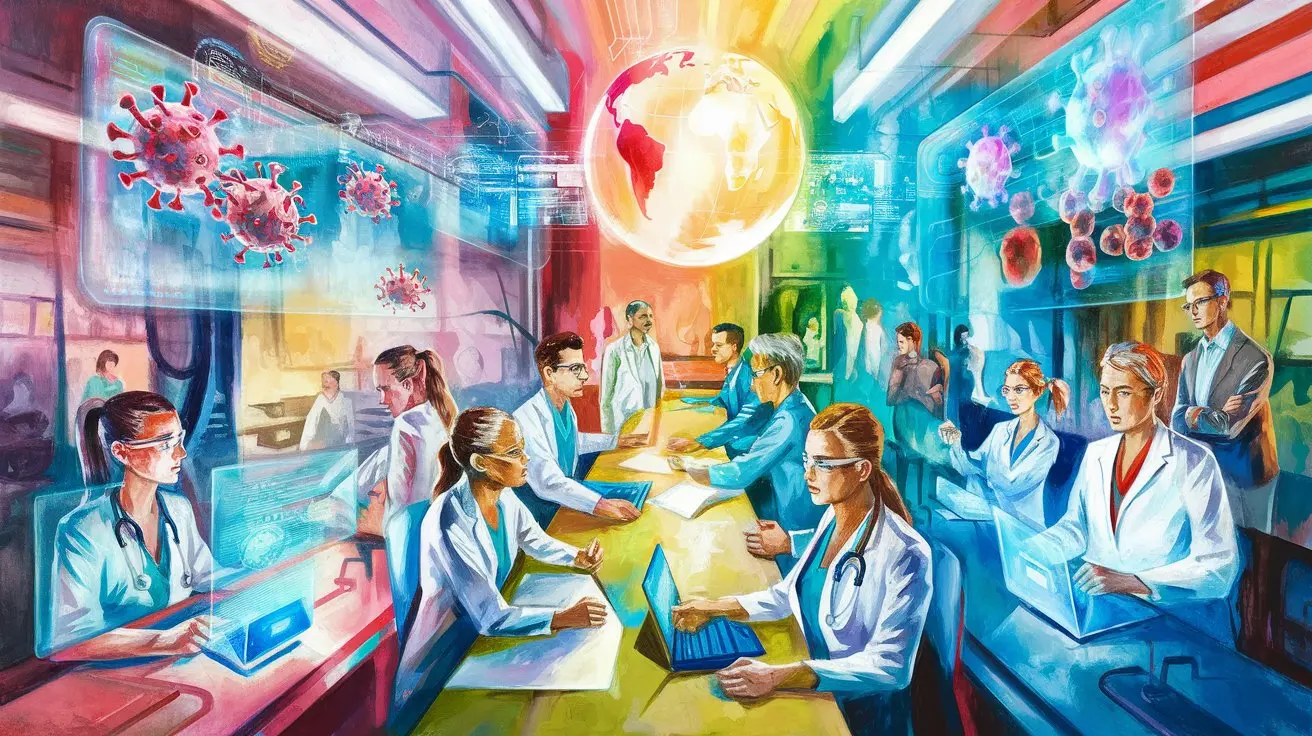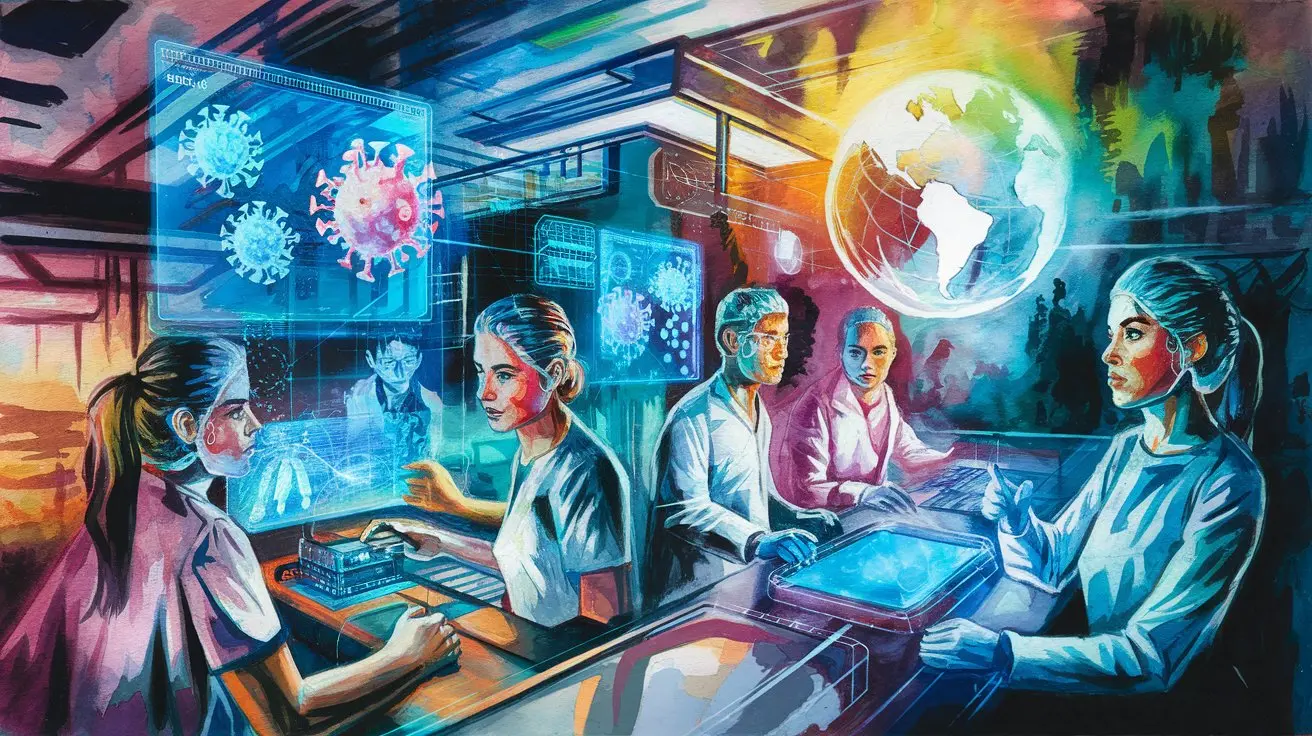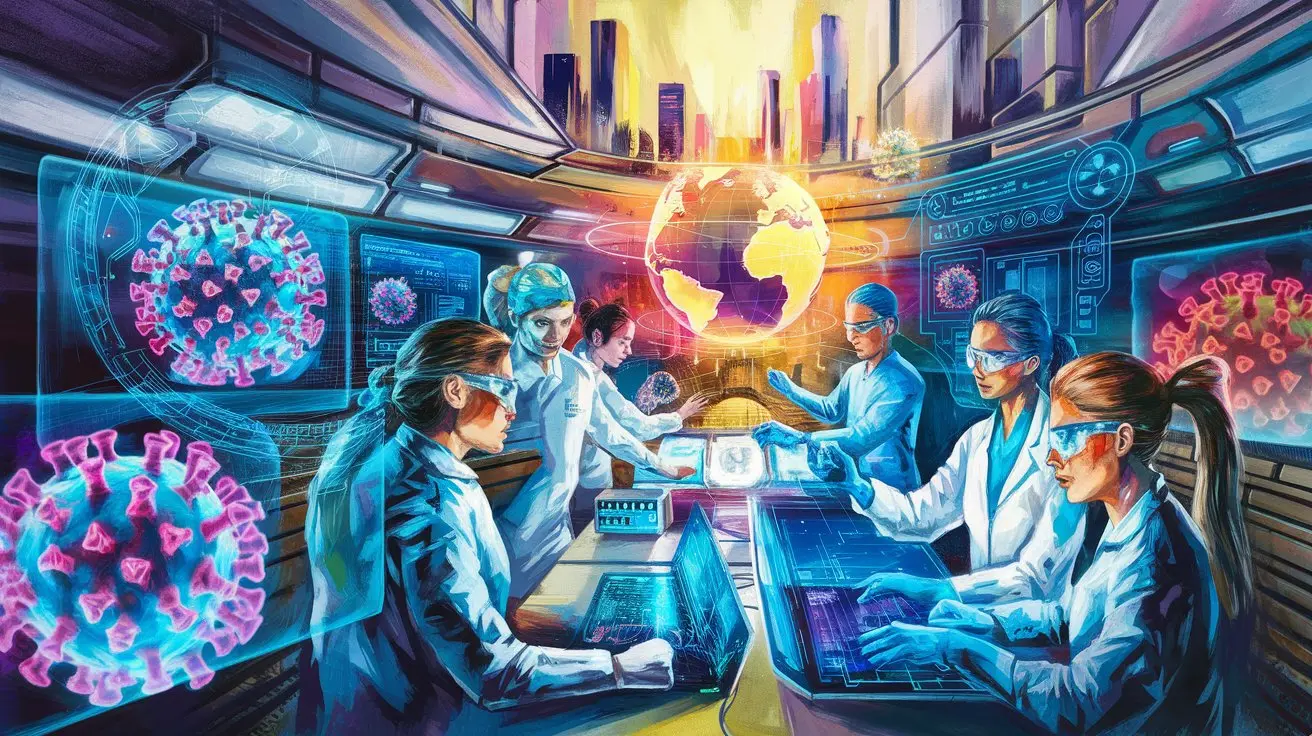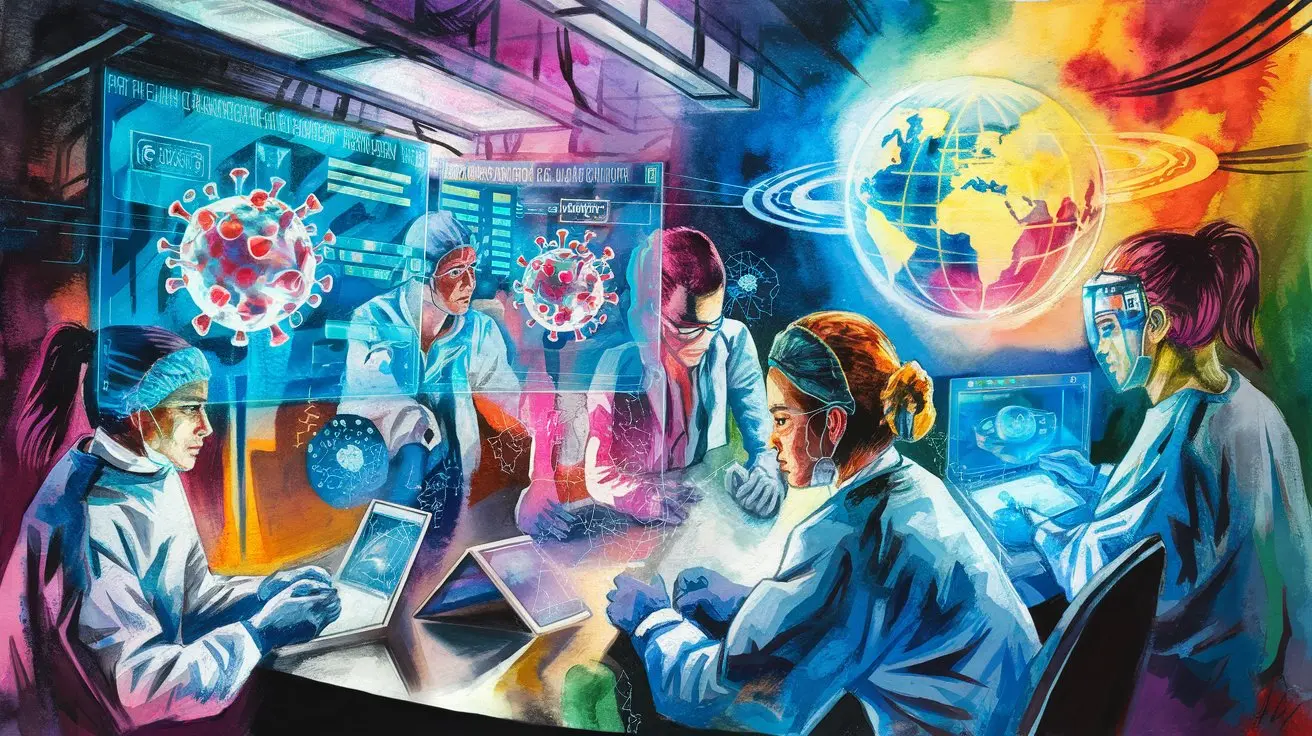Disclaimer: This is a hypothetical scenario and not a prediction of future events. It’s meant to encourage discussion about global health preparedness and the potential challenges humanity might face.
Imagine it’s 2025, and the world faces another unexpected virus outbreak. The lessons of previous pandemics still linger, but the new virus is faster-spreading, more adaptive, and harder to detect. What could this mean for our global health systems, societies, and daily lives?
The Early Days of the Outbreak
In this scenario, the outbreak begins quietly—perhaps in a remote location or densely populated urban area. Initial symptoms resemble the flu, causing many to dismiss it as seasonal illness. However, within weeks, the virus mutates, spreading across continents through travel and trade. Reports of overwhelmed hospitals start emerging, and the familiar sense of global urgency returns.
Challenges for Global Health Systems
By 2025, medical technology has advanced, but health systems still struggle with some key limitations:
- Capacity Issues: Hospitals quickly reach full capacity, as they did during earlier pandemics. Shortages of beds, ventilators, and protective equipment arise again.
- Rapid Mutation: This virus adapts so quickly that vaccines and treatments take longer to develop. Medical researchers race against time to understand it.
- Global Inequality: Wealthier nations secure resources faster, leaving developing countries vulnerable. This imbalance risks a global humanitarian crisis.
Technological and Scientific Response
Thanks to advancements in technology, scientists have tools that weren’t available in earlier pandemics:
- AI-Driven Research: Artificial intelligence rapidly sequences the virus genome and predicts its mutations, speeding up vaccine development.
- Telemedicine Surge: With physical distancing in place, healthcare shifts to virtual consultations and AI-driven diagnostic tools.
- Global Collaboration: Countries share data more openly, creating a unified front against the virus, though political tensions sometimes complicate efforts.
Social and Economic Impact
The outbreak disrupts society in profound ways:
- Work and Education: Remote work and online learning become the norm again, but not all countries are equipped for the transition.
- Mental Health Crisis: Prolonged isolation and fear lead to increased rates of anxiety, depression, and burnout.
- Economic Strain: Small businesses close, unemployment rises, and supply chains falter, leading to shortages of essential goods.
Lessons and Hope
Despite the challenges, humanity rises to the occasion in many ways:
- Community Resilience: People support one another through local initiatives, sharing resources and providing emotional support.
- Innovation Booms: The crisis sparks groundbreaking advancements in medicine, public health, and sustainable living.
- Preparedness: Governments and organizations finally implement robust systems to prevent future outbreaks.
Conclusion
If a new virus outbreak challenges global health systems in 2025, it will test our resilience, innovation, and compassion. While it may cause disruptions, it could also push humanity to strengthen its defenses, foster unity, and prepare for an uncertain future.




What if a new virus outbreak challenges global health systems in 2025?